Often purple on its back and whitish on the inside, Onion is one of the most widely known antioxidants with universal usage. Allium Cepa, as it is scientifically known, belongs to the amaryllis plant family (Amaryllidaceae). This bulb-like vegetable is part of the traditional meal of many families worldwide, and it’s pretty amazing because it is edible in its raw and cooked form.
While I see it as a whole food with medicinal values inherent in its content, many prefer to use it mainly as a flavoring mechanism for other food preparations. This vegetable has potent vitamins and nutritional values, including vitamin C, potassium, B vitamins, calcium, and more. As a result of its health benefits, low calories, and other related benefits, it has become a key component of many dishes globally.
Onion doesn’t just come in purple; it also comes in white and a range of other colors. I’ve seen onions come in different shapes, colors, classifications, and sizes – from red onions to scallions, to white onions, to large bulbing onions, to potato onions, etc.. This popular vegetable has a very pungent smell from its high sulfur content.
Growing Onions through Companion Planting
As its name indicates, companion planting for onions involves planting crops that help onions thrive better. Companion planting is also a way of caring for onions. Depending on the companion plants, companion planting can help fight pests or produce more nutrients for the growth of the onions. Onions have strong scents which can be toxic for some pests and animals, thus it helps to keep insects and pests at bay.
Although not all crops can grow alongside onions, they make a great companion for many crops in the garden, especially with their strong scent and other nutritious elements, suitable for other plants and crops’ growth and sustenance.
Onions require a high nitrogen level to thrive; companion plants that have or exhume high nitrogen levels will greatly help onions. And because this bulb vegetable largely depends on sunlight to succeed, one can start to imagine the kinds of plants that will do well with onions as companions.
20 Onion Companion Plants
A wide range of plants, fruits, and vegetables can serve as suitable companions for onions in your garden. Here are some of these plants. I will highlight 20 plants that will serve well as companions for onions in the following lines of this article.
Chamomile
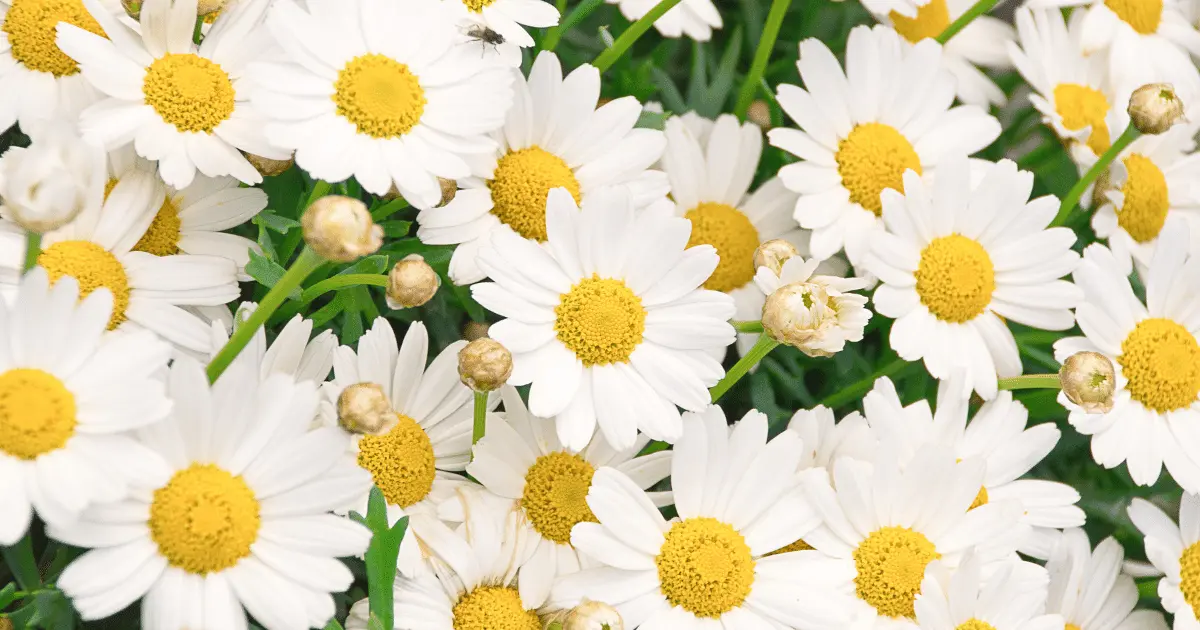
Chamomile is a daisy-like flower and aromatic herb with many benefits for the garden and the gardener. While its dried flowers can be used in making herbal tea, chamomile is a good plant for pollinators, attracting pollinators with its sweet fragrance. As a result, it attracts beneficial insects to the garden instead of pests and bugs. Aside from its antifungal and antibacterial properties, Chamomile is believed to help improve the flavor and growth of onions. When onions are planted alongside chamomile, the plant tends to improve the flavor and growth of the onions.
Carrots

Carrots and onions mixed planting is a symbiotic or companion planting combination in that both plants enjoy one another’s beneficial features. The pungent smell of onions naturally repels some plant pests, one of which is the carrot fly. Therefore, planting carrots with onions will benefit the onions and carrots as it will repel natural pests. The carrots also help onions by repelling onion flies, ensuring a maximum harvest yield.
Summer Savory
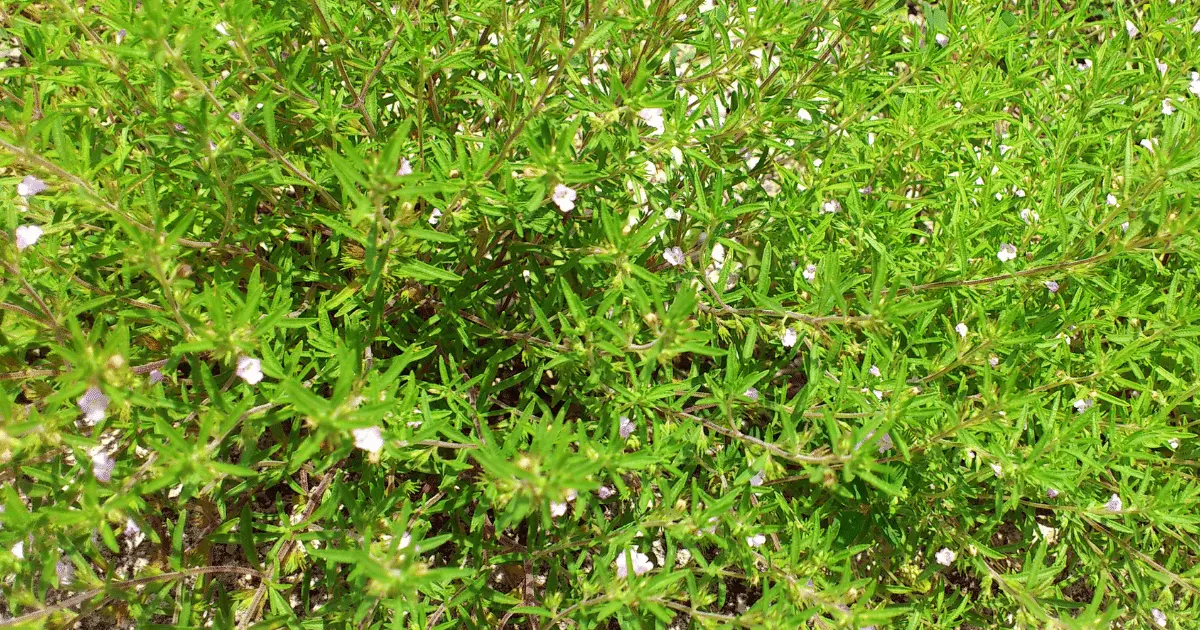
Not many people know much about nor plant the savory summer plant in their gardens. I especially like the offer this plant brings to the table regarding companion planting with onions. Summer savory doesn’t just make you enjoy sweeter onions at harvest but also improves the flavor of the onion. This herb equally encourages healthy and strong growth by ensuring that only beneficial insects (not pests) are attracted to your gardens.
Marigolds

Marigolds are drought-tolerant blooming plants that attract pollinators and can also repel pests in your garden. When you grow onions and marigolds together in a garden, Marigolds will attract insects that can pollinate your onions. Marigolds prevent onion root maggot flies from laying their eggs on onion plants and help suppress nematodes in the soil, thereby protecting onions against nematodes and other pests’ attacks.
Cabbage
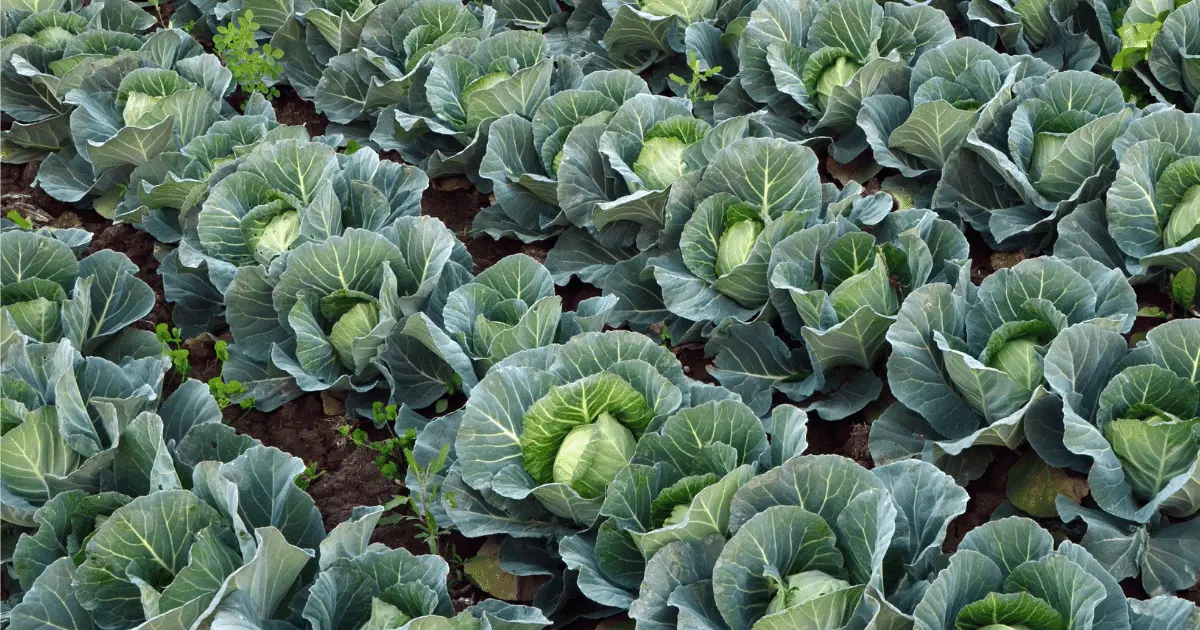
Companion planting of onions and cabbage usually greatly benefits both plants. Cabbage and other members of the cabbage family (brassicas), such as kohlrabi, broccoli, turnips, kale, brussels sprouts, and cauliflower, benefit from being planted with onions, as the onions will serve as a repellant for insect pests like cabbage worms, weevils, flea beetles, cabbage loopers, and cabbage maggots.
Peppers

Onions and pepper companion planting is one the perfect combinations in a garden. Peppers portray no harm to onions; rather, they serve as a repellant to insects that could harm your onions. There are also some claims about its ability to affect flavoring enhancements in onions. However, having planted both plants in my garden many times, I’m yet to validate that claim. It is important to note that alliums such as onions also help deter the aphids, spider mites, and Japanese beetles that feed on pepper plants. To keep those pests from preying on your pepper plants, you should consider pairing them with onions.
Alliums

Alliums belong to a family of flowering plants that includes but is not limited to onions, garlic, leeks, shallots, chives, and more. Growing other alliums in your garden is ideal for crop rotation, especially in combination with other plant families. It’s important to note that many of these alliums enjoy similar growing conditions, and pests may tend to move in between them. Therefore, you should consider adding some pest-repellant crops to your companion planting scheme.
Mustard
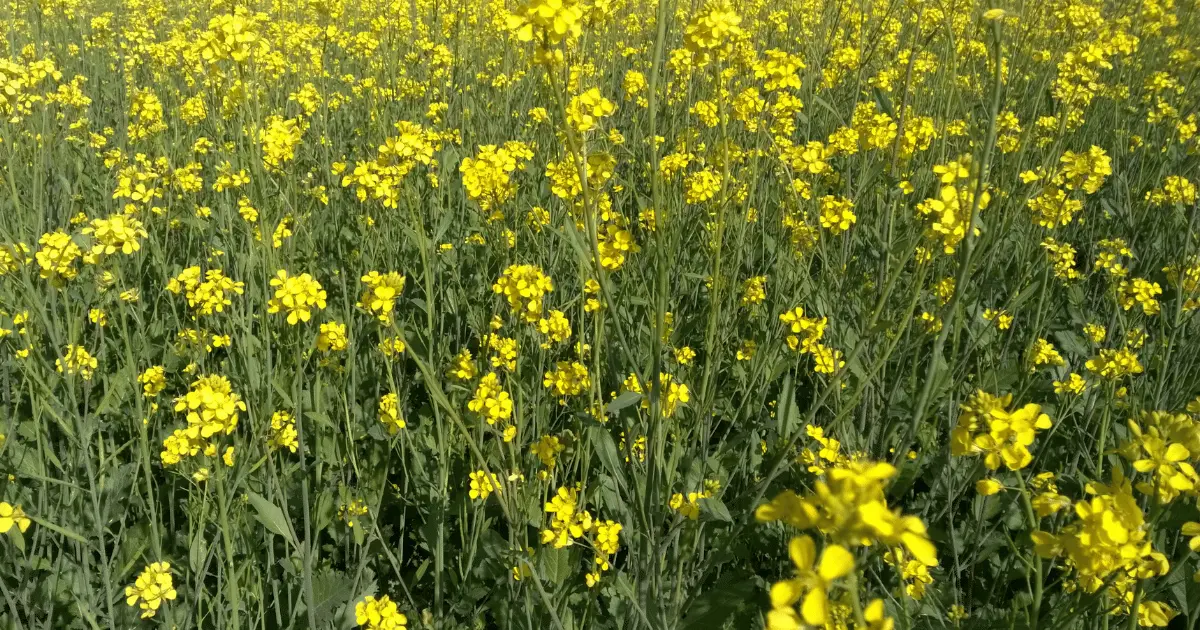
The pest-repellent nature of onions and their pungent smell make them ideal plants to grow alongside other plants such as the mustard green. Onions repel some pests that also disturb the growth of mustard green.
Beets
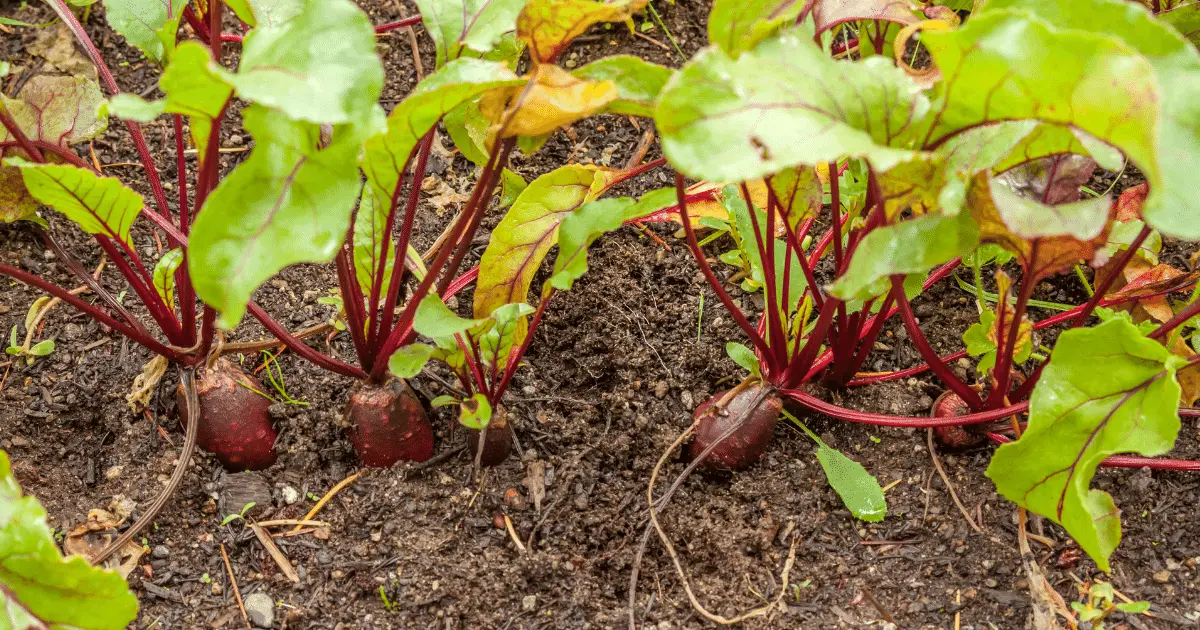
Beets are root crops with similar conditions to onions, hence, they will not compete with onions for nutrients. It equally serves as a good companion plant for the onion itself. Onions help to keep large predators away from the beets.
Tomatoes

Like many other plants, onions and tomatoes are great for companion planting as the onions will help repel tomato pests. The onions’ strong scent serves as a repellant to tomato-eating pests such as Japanese beetles.
Rose

The Rose flower plant will also greatly benefit from being planted around onions because the onions will repel aphids and pests such as the Rose sap. Roses are usually affected by aphids and other sap-sucking pests; hence, as part of your rose garden ideas, planting alliums such as onions will help to deter aphids and black-fly, keeping your rose blooms looking beautiful.
Mint

When you plant mint alongside onions in your garden, it will help the onion to repel pests such as onion flies. There’s a need to exercise caution though, while considering mint in your garden because it can quickly grow and take over the whole space if not properly monitored.
Dill

Dill is a good companion herb that can be planted alongside onions in the garden. One of its many functions is that it will serve to better improve the onions’ flavor while also helping their growth by attracting beneficial pollinators and insects to the onions.
Strawberry

You might be worried that strong-smelling onions will confer their flavor to strawberries grown nearby, but this is not the case. Onions and strawberries can be good garden partners. The sweetness of strawberries makes them a vulnerable crop to pests and insects, such as aphids. Therefore, onions will help strawberries by repelling a range of pests that could harm the plant’s growth.
Lettuce

Lettuce works well as a companion plant to onions. While onions emit scents that serve as a repellant to pests that are usually harmful to lettuce, the leafy plant also allows onions to bulb bountifully without competing for space and resources with the allium.
Potatoes

I would never have imagined that I could grow potatoes and onions together in my garden and have such a huge success. When both crops are interplanted, aphids and other plant-eating pests stay away from your harvest. Besides, onions and other alliums are small and can easily be incorporated between the rows of potatoes in the garden.
Kohlrabi
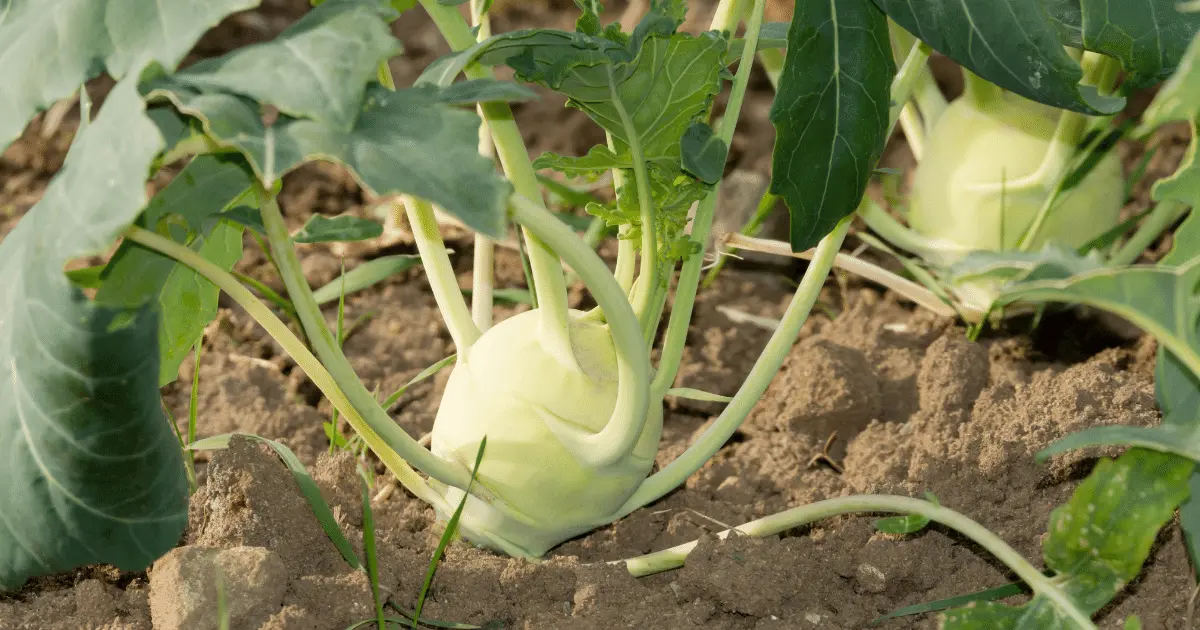
Kohlrabi belongs to the cabbage family and is undoubtedly a sweet and peppery bulbous vegetable making it ideal for soups and salads. A kohlrabi also gains the advantage of protection when planted around onions. The strong scent of onions keeps pests and unwanted insects away from their surroundings.
Garlic

With their pungent smell and strong scents, garlic and onions are known for repelling pests in the garden. As a result, both plants will benefit from each other and serve as pest control for other plants and crops in the garden. Also, planting onions alongside garlic will help the possibility of crop rotation.
Melons
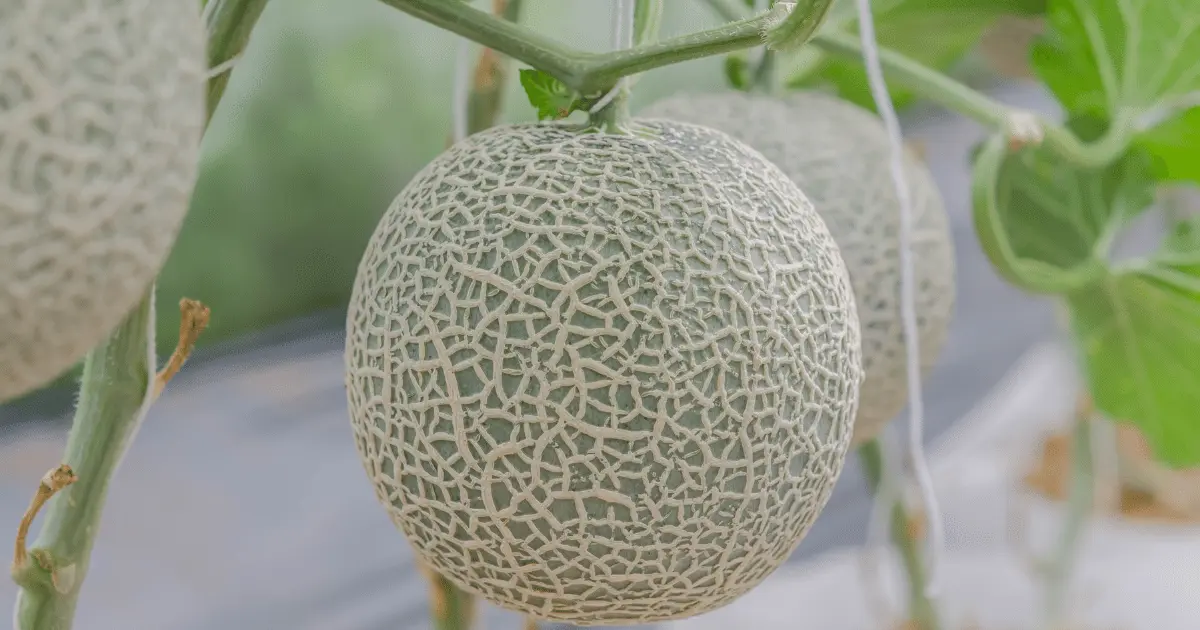
The compatibility of melons and onions in a garden cannot be over-emphasized. Plant melons in the garden or near onions to ward off annoying garden pests, including aphids, beetles, and more.
Amaranth
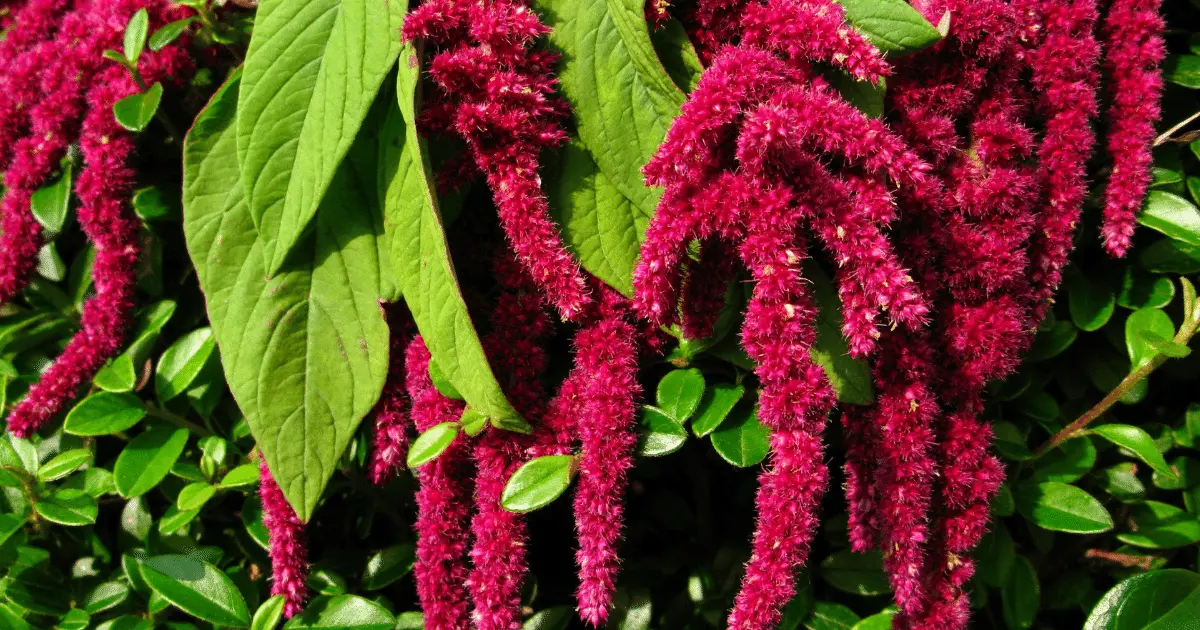
Also known as pigweed, Amaranth is a plant with many nutritional and health benefits. Naturally, it grows well with onions by helping it to be more resistant to harmful insects and pests. It also helps the onion plant to gather nutrients for a bountiful harvest.
Precautionary Measures for Onion Companion Plants
There is a strategy for planting and growing onions. Growing with companion plants requires precision and detail. Like onions have growing conditions, so do the other companion plants.
First, avoid planting onions around peas, beans, asparagus, and sage, as these plants do not work well when planted with onions. The growth of either the plant or the onion can be deterred. Asparagus, for example, will experience stunted growth when planted with onions; not just this, the onion deters the flavor of the asparagus.
The other factor is to consider the growing conditions of the other plant. For instance, if the conditions that will foster the growth of onions will deter the development of the other plant, it’s advisable to get another companion plant that will fit into the growing conditions of onions.
In planting onions with other crops or plants, ensure proper spacing to reduce competition for space and nutrients because though they are companion plants, when they are jam-packed, there will not be enough nutrients for all the plants to share.
